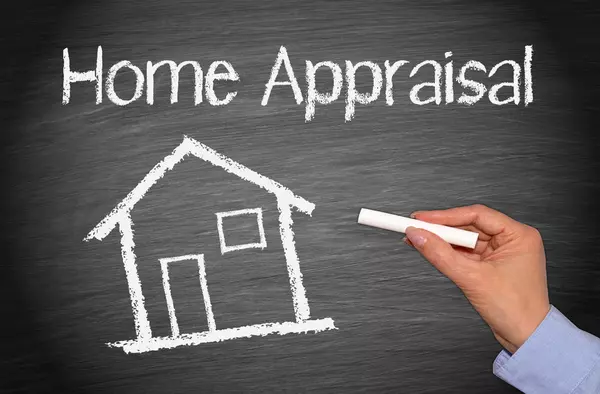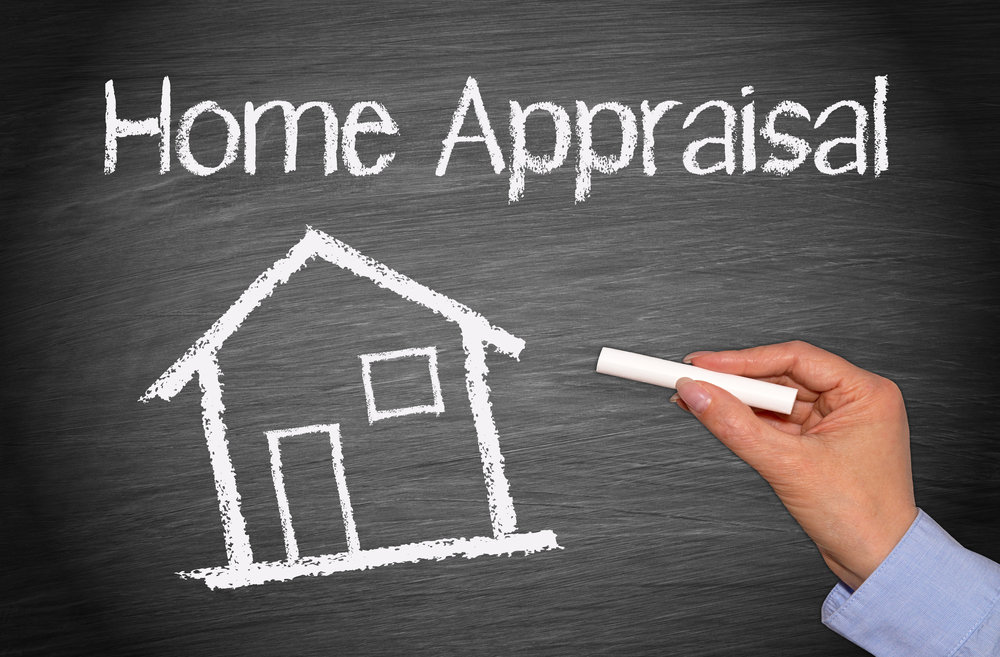How Home Appraisers Determine Property Value: A Buyer's Guide
How Home Appraisers Determine Property Value: A Buyer's Guide
If you're in the process of buying a home, you've probably heard the term "appraisal" thrown around. But what exactly does an appraiser do, and how do they arrive at that all-important number? Understanding the appraisal process can help you navigate your home purchase with confidence.
What Is a Home Appraisal?
A home appraisal is an unbiased professional opinion of a property's market value. Lenders require appraisals to ensure they're not lending more money than the home is worth. The appraiser works independently to protect both you and the lender.
The Comparable Sales Approach Explained
For residential properties, appraisers primarily use what's called the sales comparison approach. This method is straightforward and relies on actual market data.
Step 1: Finding Comparable Sales (Comps)
The appraiser searches for recently sold properties that are similar to the home you're buying. They typically look for:
- 3 to 6 comparable properties (often called "comps")
- Homes within 1 mile of your property
- Sales within the last 3 to 6 months
- Similar characteristics including square footage, age, condition, style, and number of bedrooms and bathrooms
The closer the match, the more reliable the comparison. A four-bedroom ranch built in 1995 should be compared to other four-bedroom ranches from the same era, not a two-story colonial from the 1970s.
Understanding Appraisal Adjustments
Here's where it gets interesting. Since no two homes are exactly alike, appraisers must adjust the sale prices of comparable properties to account for differences.
How Adjustments Work
The logic is simple:
- If a comp has a feature your property lacks, the appraiser subtracts value from that comp's sale price
- If your property has a feature a comp doesn't have, the appraiser adds value to that comp's sale price
Think of it this way: if a comparable home sold for $350,000 but had a finished basement worth $20,000 that your home doesn't have, the appraiser adjusts that comp down to $330,000 for comparison purposes.
Common Adjustment Categories
Appraisers consider numerous factors when making adjustments:
Square Footage
One of the most significant adjustments. Depending on your market, additional square footage might be valued at $50 to $150 per square foot.
Bedrooms and Bathrooms
Extra bedrooms or bathrooms can add $5,000 to $25,000 or more to a home's value, depending on the local market.
Garage and Parking
A two-car garage versus a one-car garage, or covered parking versus none, typically warrants an adjustment of $5,000 to $15,000 per space.
Lot Size and Location
Larger lots, corner lots, cul-de-sac locations, or properties with desirable views receive positive adjustments. Homes on busy streets or near less desirable features may receive negative adjustments.
Condition and Updates
Recently renovated kitchens, new roofing, updated HVAC systems, fresh paint, and modern fixtures all add value. Conversely, homes needing significant repairs are adjusted downward.
Age and Construction Quality
Newer homes or those built with higher-quality materials generally command premium prices.
How Appraisers Arrive at the Final Value
After identifying comps and making all necessary adjustments, the appraiser reviews the adjusted sale prices. The comparables requiring the fewest and smallest adjustments typically carry the most weight in determining the final appraised value.
The appraiser then reconciles all this information to arrive at their professional opinion of your property's market value. They may also reference other valuation approaches, such as the cost approach or income approach, to support their conclusion, though the sales comparison method remains the primary tool for residential appraisals.
What This Means for Home Buyers
Understanding the appraisal process helps you:
- Set realistic expectations about your home's value
- Understand why an appraisal might come in below or above the purchase price
- Negotiate more effectively when issues arise
- Make informed decisions about your offer price
Remember, if an appraisal comes in low, you have options including renegotiating the purchase price, increasing your down payment, or in some cases, challenging the appraisal with additional comparable sales data.
Ready to Navigate Your Home Purchase?
The home buying process involves many moving parts, from making competitive offers to understanding appraisals and closing requirements. Having an experienced real estate agent in your corner can make all the difference.
If you're thinking about buying or selling a home, I'd love to help guide you through the process. Reach out today to discuss your real estate goals and how I can help you achieve them.
Have questions about home appraisals or the buying process? Feel free to reach out—I'm here to help.
Shelley Broussard, Realtor,
Real Broker, LLC
832-890-3504 | shelley@shelleybtxrealtor.com
Categories
- All Blogs (45)
- Builder (13)
- Buyer (34)
- Closing Costs (11)
- First Time Home Buyer (21)
- Friendswood Neighborhoods (2)
- Ground up (2)
- Incentives (9)
- Just Fun (3)
- League City Neighborhoods (3)
- Manvel Neighborhoods (2)
- Meridiana (2)
- New Construction (15)
- New Homes (11)
- Pearland Neighborhoods (3)
- Real Estate (21)
- Real Estate Agent (22)
- Realtor (16)
- Relocation (11)
- Seller (19)
Recent Posts













